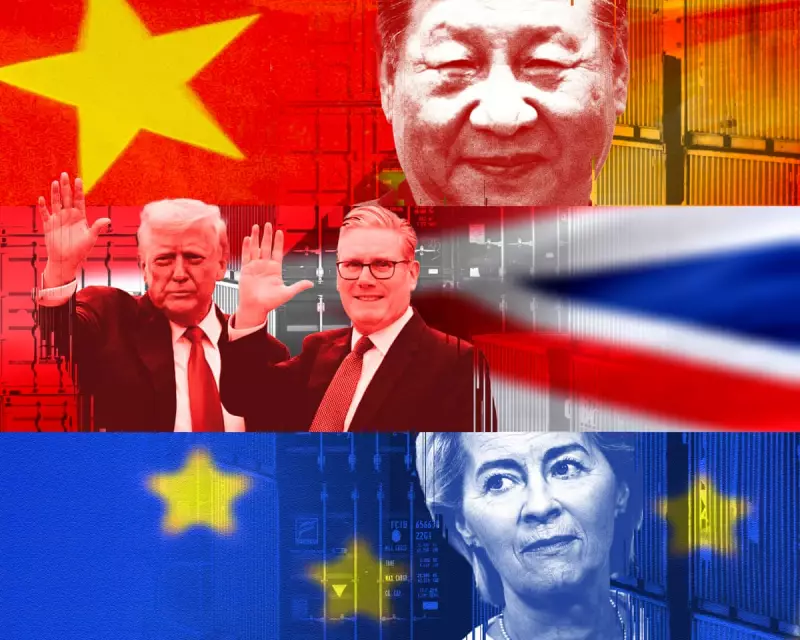
The European Union's latest trade agreement has sparked fierce debate, with critics likening it to the Suez Crisis of 1956—a moment of profound geopolitical humiliation for Britain. This time, however, the spotlight is on Brussels, as the deal appears to signal Europe's growing subservience to the demands of Donald Trump's America.
A Deal That Divides
Analysts argue that the agreement, negotiated behind closed doors, sacrifices European sovereignty for short-term economic gains. Key concessions to US corporations have raised eyebrows, with many questioning whether the EU is prioritising transatlantic harmony over its own strategic interests.
Historical Parallels
The comparison to Suez isn't merely rhetorical. Like Britain's disastrous attempt to maintain imperial dominance in Egypt, the EU's approach risks exposing its weakening global position. 'This is a watershed moment,' remarked one Brussels insider. 'Future historians may look back at this as the point where Europe surrendered its autonomy.'
The Trump Factor
Critics highlight how the deal's provisions align suspiciously with Trump's 'America First' agenda. From relaxed environmental standards to extended patent protections for US pharmaceutical giants, the agreement reads like a wishlist from Washington.
'There's no subtlety here,' said a senior trade policy expert. 'The EU has effectively become a vassal state in economic terms.'
What Comes Next?
With ratification still pending, opposition is mounting across European capitals. Protesters have taken to the streets in several cities, while MEPs from across the political spectrum express reservations. Whether this marks the beginning of a more assertive Europe or merely confirms its decline remains to be seen.





